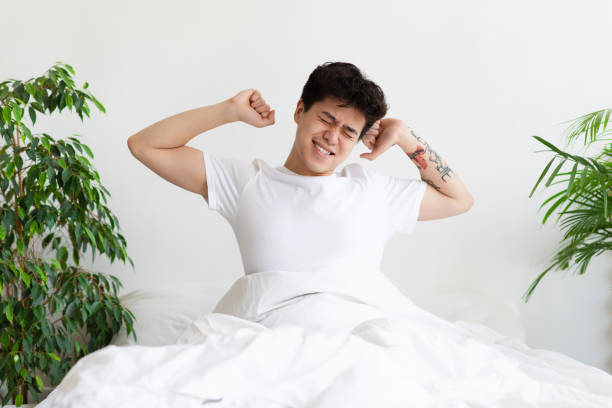
How Much Sleep Do You Really Need?
🔹 According to experts (Sleep Foundation, CDC):
The ideal amount of sleep for most adults is between 7 and 9 hours per night.
But there’s no “magic number” that works for everyone. People differ in their biological rhythms, activity levels, and habits — and even 6.5 hours can feel completely restorative if the sleep is high quality.

🌙 What Affects Sleep Quality (Just as Important as Duration):
1. Darkness in the Room
Studies show that even small sources of light (like your phone screen or streetlights) can suppress melatonin production — the hormone that helps you fall asleep naturally.
🔹 Simple fix: blackout curtains or a sleep mask.

2. Relaxing Before Bed
The state of your body before sleep deeply affects how quickly and deeply you rest. A relaxed body (thanks to warmth, light massage, or silence) transitions into deep sleep faster.
🔹 That’s why calming evening rituals matter.
3. Bedtime
Falling asleep before midnight aligns better with our natural rhythms. Deep sleep stages tend to occur earlier in the night.
🔹 That’s why sleeping from 11 PM to 6 AM often feels better than sleeping from 2 AM to 10 AM.
☀️ How to Know You Actually Slept Well:
You wake up without feeling groggy
You don’t need to hit the snooze button
You experience steady energy throughout the day
You’re not reaching for coffee first thing just to function
🎯 Takeaway
✔ Not everyone needs exactly 8 hours.
✔ Some feel great with 7, others need more.
✔ But sleep quality often matters more than duration.
Darkness, quiet, and pre-sleep relaxation — these small things create the conditions your body needs to truly recover.
Take care of your evenings — and your body will thank you in the morning.
With care,
The Renavia Team
